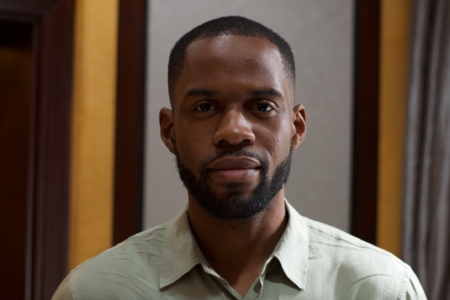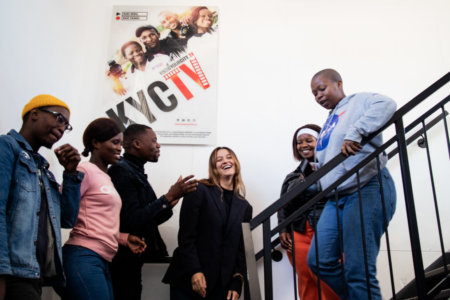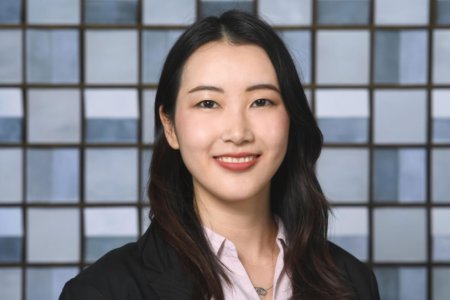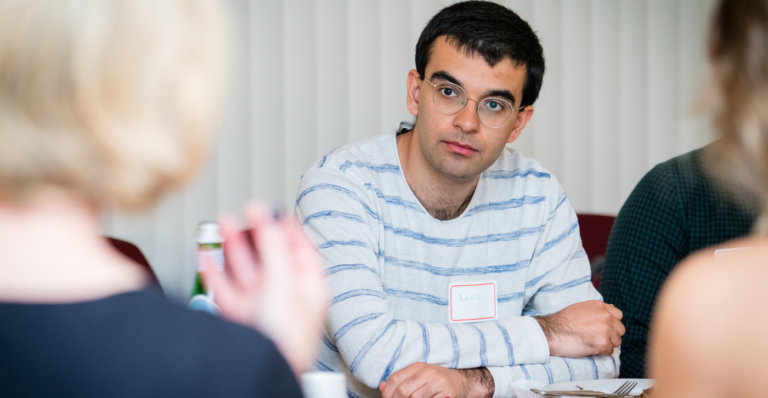
Ravi Harinder Veriah Jacques was set for great things. He studied at Stanford University, where he ran a political magazine. He was then chosen to become a Schwarzman Scholar at China’s top university: Tsinghua University in Beijing. He was halfway through the one-year, fully-funded Master of Global Affairs when he fell ill in March 2021, and developed long Covid from an asymptomatic COVID infection.
Things have not been the same since. Most COVID-19 patients feel better in a few days and recover fully within 12 weeks, according to the NHS. There are millions, however, who are not so lucky — studies have found that 10% to 30% of people infected with the coronavirus may develop long-term symptoms. They continue to be exhausted and show other debilitating symptoms, such as inflammation and low oxygen levels in the brain leading to cognitive problems.
Veriah Jacques’ life has been consumed by long Covid for the past year. He used to regularly cycle more than 20 kilometres and enjoyed playing football. At Stanford, he won the Deans’ Award for Academic Achievement and the J E Wallace Sterling Award for Scholastic Achievement in 2020. He was also a violinist, and played for Chineke! – the first European orchestra comprising black and minority ethnic musicians. Now, however, he has to spend up to 16 hours a day in bed, and struggles to do almost any work.
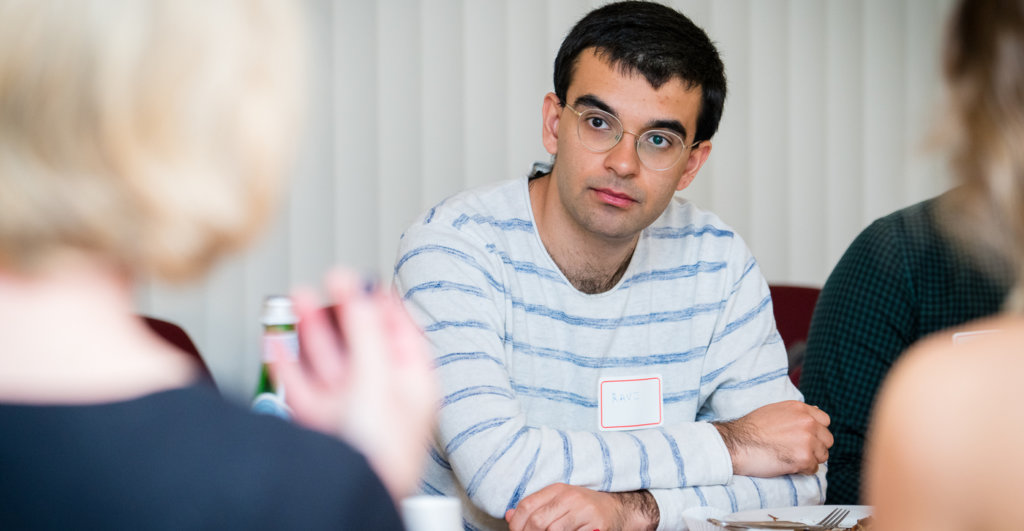
Source: Ravi Harinder Veriah Jacques
He longs to just be a 23-year-old doing regular things again. Study International caught up with the scholar via email to learn more about how he’s coping and helping to lead the fight against Britain’s next public health crisis:
1. Can you tell us your full name, date of birth, place of birth, where you grew up, number of siblings, and links to any social media profiles please?
My full name is Ravi Harinder Veriah Jacques. I was born on Aug. 30, 1998 in London, which is where I lived until I left for university in America. I’m an only child. My Twitter username is @RaviHVJ. I also have an Instagram – @thelongcovidviolinist – which I’m using to track my recovery from long Covid through performing the violin.
2. Why did you choose to study History at Stanford University? What would you say was the top highlight of your time there?
It may seem like an odd choice to have studied history at the heart of Silicon Valley, but I’ve always been drawn to history – for as long as I can remember. And I loved doing history at Stanford. I got to know many world-class professors, and I learned so much from them; the critical and rigorous tools that are central to the historical method; new frames through which to interpret the world; and the histories of so many diverse countries and eras.
The highlight of my time in California was founding a political magazine called the “Stanford Sphere.” I started it out of frustration with the state of political discourse on campus, which in my view was constrained by a claustrophobic “liberal consensus” that prevented meaningful and interesting debate. “Stanford Sphere” sought to introduce new and contrarian ideas primarily from a progressive standpoint. At its height, “Stanford Sphere” had around 20 writers – and running it was immensely rewarding. But perhaps more importantly, it also became a very close-knit and fun community. I count many of our former writers among my close friends.
3. After Stanford, you became a Schwarzman Scholar and pursued a Master’s of Global Affairs at Tsinghua University, Beijing. What were the highs and lows of your time at Tsinghua?
Not being able to get to China due to the pandemic was very disappointing. I was drawn to the Schwarzman programme in the first place by the prospect of studying in China; the global centre of gravity is shifting eastwards, and I believe that it’ll be impossible to understand the 21st century without understanding China – and this requires spending time in the country itself rather than constantly viewing (and often misinterpreting) it from afar.
Unable to reach China, I instead spent three months taking classes remotely from Seoul, South Korea with a group of fellow Schwarzman Scholars. It was particularly fascinating to live in a society that was handling COVID-19 so effectively. This proved a much-welcome respite from my native Britain, which has failed at almost every turn during the pandemic.
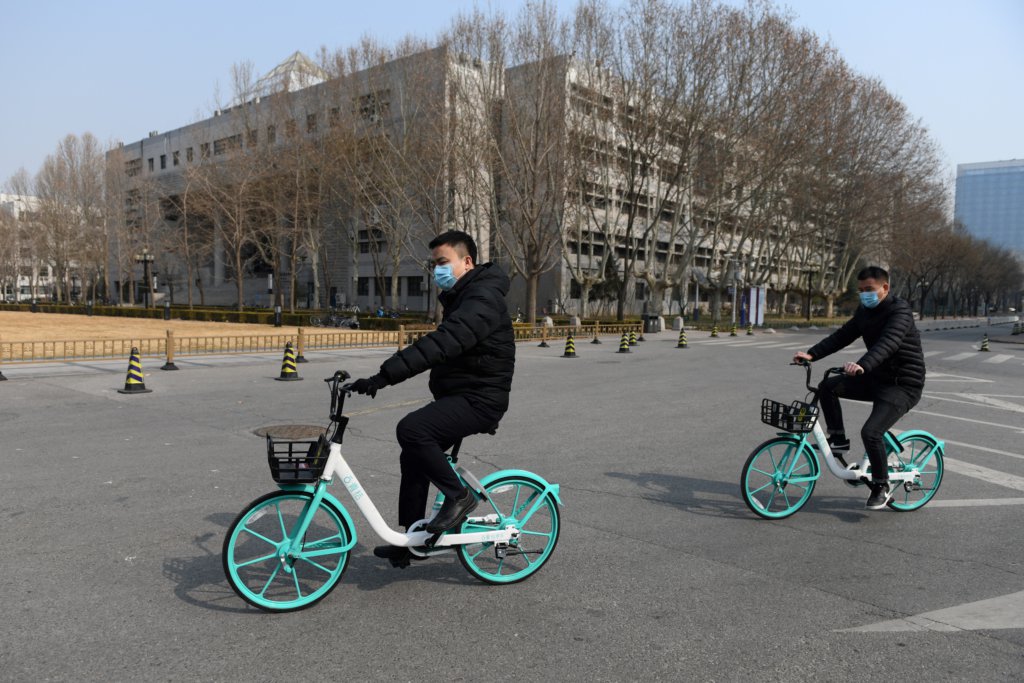
Two men wear face masks as a preventive measure against the COVID-19 coronavirus as they ride bikes on the empty grounds of Tsinghua University in Beijing on February 28, 2020. Source: Greg Baker/AFP
4. I’m so sorry to hear that you’ve been ill with long Covid for a year. Could you tell us about your illness?
I first fell ill in March 2021. Long Covid has all but taken my life away. My main symptom has been intense fatigue that has forced me to spend up to 16 hours a day in bed. I struggle to do almost any of the things that used to make life so meaningful and varied; I can’t walk for more than 15 minutes without feeling exhausted; I struggle to see friends without exacerbating my symptoms; and I’m unable to work for more than about half an hour at a time. I also have various secondary symptoms – in particular, I’ve lost my sense of smell and taste.
There seems to be a general expectation that long Covid means steady recovery. This hasn’t proved the case for me (or many other long haulers). A year on, I’m only about 15% recovered, and that recovery has been stalling since last December.
5. How has your illness affected your studies?
When I fell ill, I only had one term left at Tsinghua. At first, I expected that I’d rapidly improve, allowing me to finish the course. Alas, this didn’t happen. It soon became apparent that I’d need to take a leave of absence and, a year on, I’m still not nearly well enough to continue with the course, so I’ve been forced to extend that leave of absence.
The fatigue prevents me from doing almost any work. This has been immensely difficult; I’ve always loved my work and I was a very high-achieving student at Stanford, where I won several academic prizes. I’ve gone from reading a couple of books a week to now struggling to finish relatively short articles. My academic work has always been a central part of my life and identity – and I long for a day when I’m able to properly read and write once again.
6. What advice do you have for fellow students who are suffering from long Covid as well?
My main advice would be to put your health above all else and avoid overdoing it. One of the great dangers of long Covid is that by trying to push through the illness, you can seriously exacerbate your symptoms. Therefore, rest as much as possible because this will give you the best chance of recovery. In addition, ask your university for any accommodations or extensions that will help you get through your classes without having to put your health on the line. And don’t be afraid to take a leave of absence – as I have done – if you need it.
On a different note, living with long Covid can be very difficult psychologically. Many long haulers I know have found it helpful to connect with fellow sufferers. There are many large support groups on Facebook. If you want to meet other students with long Covid, a close friend and I started an online support group for young adults (18 to early 30s) with long Covid or ME/CFS. Please message me on Twitter if you would like to join (@RaviHVJ).
My experience with Long Covid was featured on the front page of this week’s @NewJournal. Many thanks to the lovely @tomfoot1 for writing the article and highlighting the importance of greater research funding. I particularly like the title – “help me get my life back.” pic.twitter.com/jeZHkJNg1F
— Ravi Veriah Jacques (@RaviHVJ) January 14, 2022
7. How can universities support students with long Covid better?
First off, universities should be as flexible as possible with accommodations and extensions. Students shouldn’t be expected to put their health at risk in order to finish their coursework. It is important to note, however, that there is no archetypical long hauler. What works for one student with long Covid won’t necessarily work for another. While some students may be able to continue if provided with sufficient accommodations, others (myself included) are simply too ill to study. Universities should be willing to grant this latter group extended periods of absence.
Second, wherever possible, universities should offer students with long Covid the option to take classes online. This is partly because long haulers are a vulnerable group that needs protecting from the virus; people with long Covid who contract COVID-19 multiple times often deteriorate. In addition, many long haulers need the added flexibility of online school – after all, on top of their coursework, they’re also managing a highly debilitating and often fluctuating chronic illness.
Finally, perhaps the most important way universities can support their students with long Covid is through researching the illness itself. The simple truth is that, without medical treatment, there’s no guarantee that people with long Covid will recover. Though we now know far more about long Covid than we did two years ago, treatments remain a distant prospect. The research is therefore moving too slowly for the millions of longhaulers worldwide who are so desperate to improve. Universities have a fundamental role to play in this search for effective treatments.








